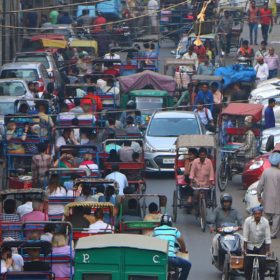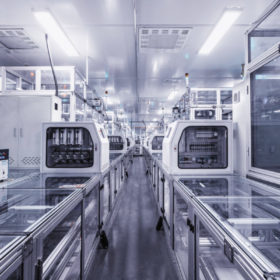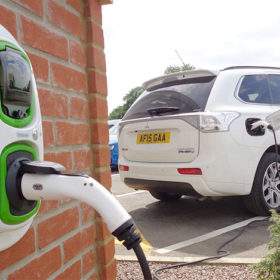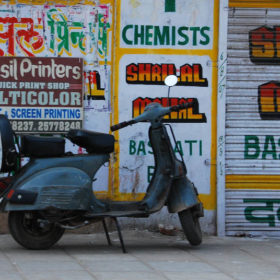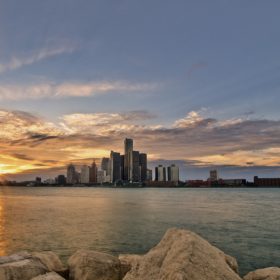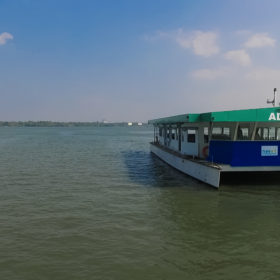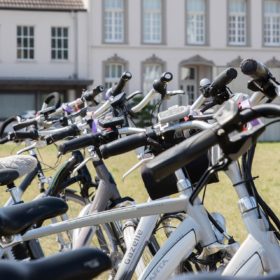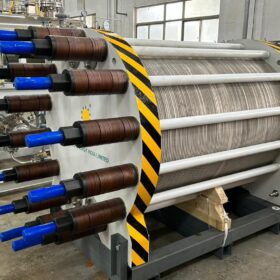Gujarat tenders for supply of electric two and three-wheelers
The state has issued expressions of interest for the two forms of battery-powered vehicle which each attract a subsidy for purchasers. The two-wheeler inititiave has been extended from secondary school to college students.
Energy storage and EVs clear winners in union budget 2019: IESA
The new budget aims to seize the opportunity in energy storage and EVs through a range of incentives. However, alongside demand, production and export, the government also needs to focus on e-waste management and Li-ion battery recycling to sustain raw material supply and minimize environmental impact.
Economic Survey calls for $330 billion investment in renewables
The annual report has placed EVs at the heart of India’s decarbonization and called for an Indian answer to the U.S. ‘Motor City’ of Detroit, where electric vehicles and the batteries to run them could be manufactured.
Budget 2019: GST on EVs reduced to 5%, tax incentives on loan
To boost electric vehicle adoption in the country, the government has reduced goods and services tax on electric vehicles to 5% from 12%. Further, it will provide additional income tax deduction of Rs 1.5 lakh on interest paid on loans taken to purchase electric vehicles.
Four solar based EV charging projects funded under FAME scheme
Proposals by Bharat Heavy Electricals Limited and Rajasthan Electronics & Instruments, Jaipur to set up solar-based EV charging infrastructure have received funding under the government’s FAME India scheme. These projects will come up at Delhi NCR, Udyog Bhwan, and Delhi-Jaipur-Delhi, Mumbai-Pune-Mumbai as well as Delhi-Chandigarh-Delhi highways.
Thinktank gives manufacturers two weeks for EV adaptation blueprint
Central government has thrown down the gauntlet to the nation’s largest motorbike and scooter manufacturers after they resisted a proposal to ban non-electric sales from 2025 onwards.
Akasol plans to build new battery factory near Detroit
The German battery manufacturer will make products for electric trucks and buses at the facility, which is expected to employ 200 workers and produce 400 megawatt-hours of batteries annually.
Kerala’s water transport authority to launch India’s first solar-powered cruise
The unqualified success of the Aditya solar passenger ferry, which took to the water in 2017, has prompted the water transport body to make plans for a more luxurious form of transport which is due for launch within four months.
Goa’s pioneering EV tourism initiative gathers steam
The success of the e-bike cycling tours – which operate out of recycled shipping container ‘e hubs’ – looks set to be replicated in four more states in short order.
India and Australia could strike first lithium deal
Mining company Neometals and Manikaran Power have started a jointly funded study into the feasibility of establishing India’s first lithium refinery, which would process ore from the Mount Marion mine in Western Australia.
